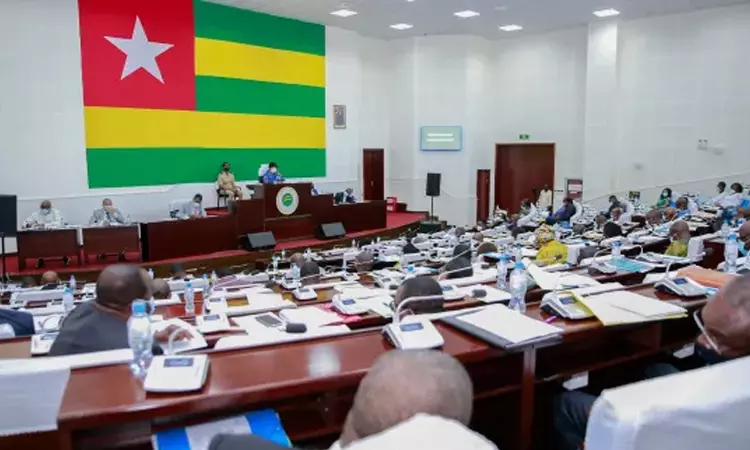The Parliament of Togo, a West African nation, has recently approved constitutional reforms. The approved amendments have caused controversy, with concerns raised regarding their implications for presidential term limits and the overall democratic process in the nation. Perhaps the most significant change is the transition from a presidential system to a parliamentary system...

